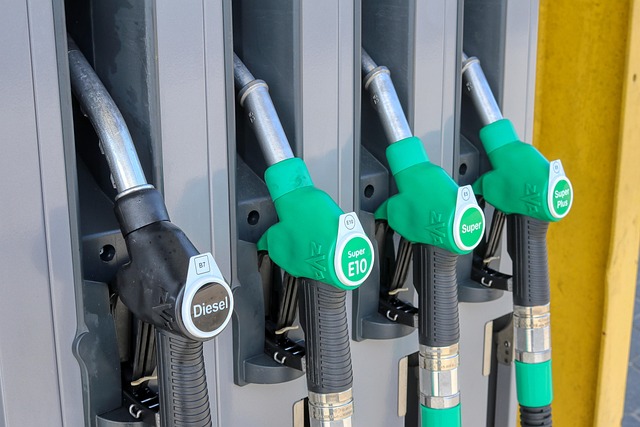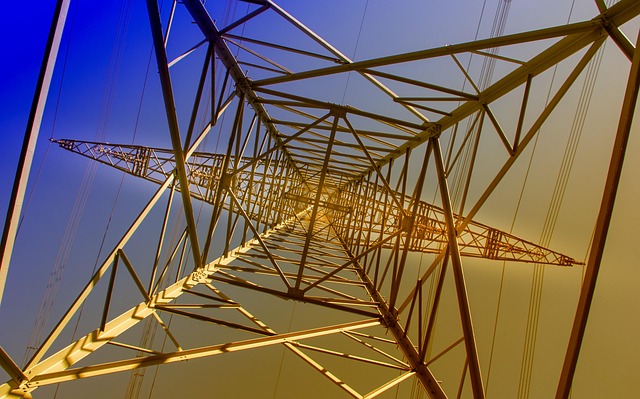The growing concern over climate change has prompted many to seek innovative solutions to reduce greenhouse gas emissions and transition towards a more sustainable future. One of the most promising developments in this endeavor is the emergence of synthetic fuel, a potential game-changer in the battle against environmental degradation. Unlike traditional fossil fuels, synthetic fuel is produced through chemical processes that convert natural resources—such as carbon dioxide and water—into usable energy. This method not only reduces reliance on oil reserves but also opens avenues for recycling carbon emissions, ultimately helping to mitigate the impact on our atmosphere.
Imagine a world where cars, airplanes, and ships run on fuels that are not only performance-efficient but also environmentally friendly. Synthetic fuel offers a unique solution by allowing existing engines to operate on cleaner energy, thereby drastically reducing the amount of CO2 emitted into the atmosphere. In a time when the effects of climate change are becoming increasingly catastrophic, the adoption of synthetic fuel could mark a significant turning point in how we perceive and address our environmental crisis.
Moreover, the production and use of synthetic fuels can potentially stimulate job creation in new industries focused on clean technology. By investing in sustainable energy solutions, nations can develop a workforce equipped with the skills needed for a greener future. This shift not only addresses the urgent need for emission reductions but also fosters economic growth through innovation and the creation of new markets.
The beauty of synthetic fuels lies not only in their environmental advantages but also in their versatility. They can be blended with traditional fuels, allowing for a smoother transition for industries and consumers accustomed to conventional energy sources. This means we can begin to reduce emissions today, without having to overhaul the entire transportation and energy infrastructure overnight.
As we stand on the brink of environmental catastrophe, the need for effective solutions has never been more urgent. Understanding and leveraging the potential of synthetic fuel could align with global efforts to meet climate targets. It’s an invitation to rethink our energy consumption and embark on a journey towards sustainability that respects and preserves our planet for future generations. The path to a cleaner, more breathable world may very well depend on our willingness to embrace innovation, challenge the status quo, and make intelligent choices about how we fuel our lives.




